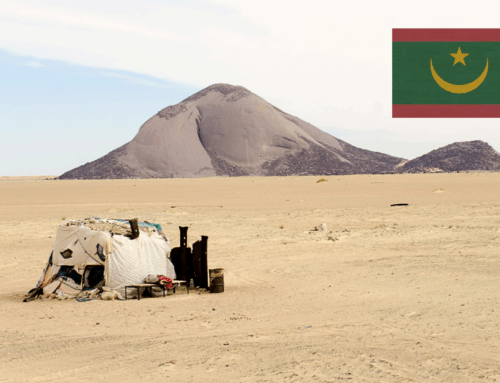With the Implementing Regulation (EU) 2024/1782 of 24 June, the European Union is extending the definitive measures on certain steel products from third countries until mid-2026. In addition, the Commission made some changes to the law to continue the protection of the Union market from negative effects caused by overcapacity.
If the tariff quota for a certain country is exhausted, imports from the country can be made in certain product categories within the framework of the remaining quota. The access regulations depending on the respective product category have been amended as follows (Annex I IV.3 of the Regulation):
- No access: 3B, 14, 16, 20, 26
- Access: 2, 3A, 4A, 5, 6, 9, 10, 12, 13, 15, 18, 19, 21, 22, 24, 25B, 27, 28
Exceptions apply to the following product categories:
- Special regime: 1 and 4B (grants countries with a country-specific quota an upper limit of 30% per exporting country in the last quarter)
- Global administration: 7, 8, 17, 25A (access to the last quarter not possible as no countries with country-specific quota export)
For product categories 1 (hot-rolled flat products) and 16 (wire rod of non-alloy or other alloy steel), a maximum import quantity is set for each country within the residual tariff quotas per quarter. This limit is 15% of the available tariff quota per country at the beginning of each quarter.
It is also worth mentioning that the tariff quotas for all categories of goods are to be increased by 1% per year from 1 July 2024 to 2026 (Annex I IV.1 of the Regulation).
Steel products originating in certain developing countries are still not subject to the safeguard measures. The list in Annex III.2 of the Regulation provides information about which developing countries are excluded from the measures for certain product groups. Imports from Mozambique will in future be included in the scope of the safeguard measures.





